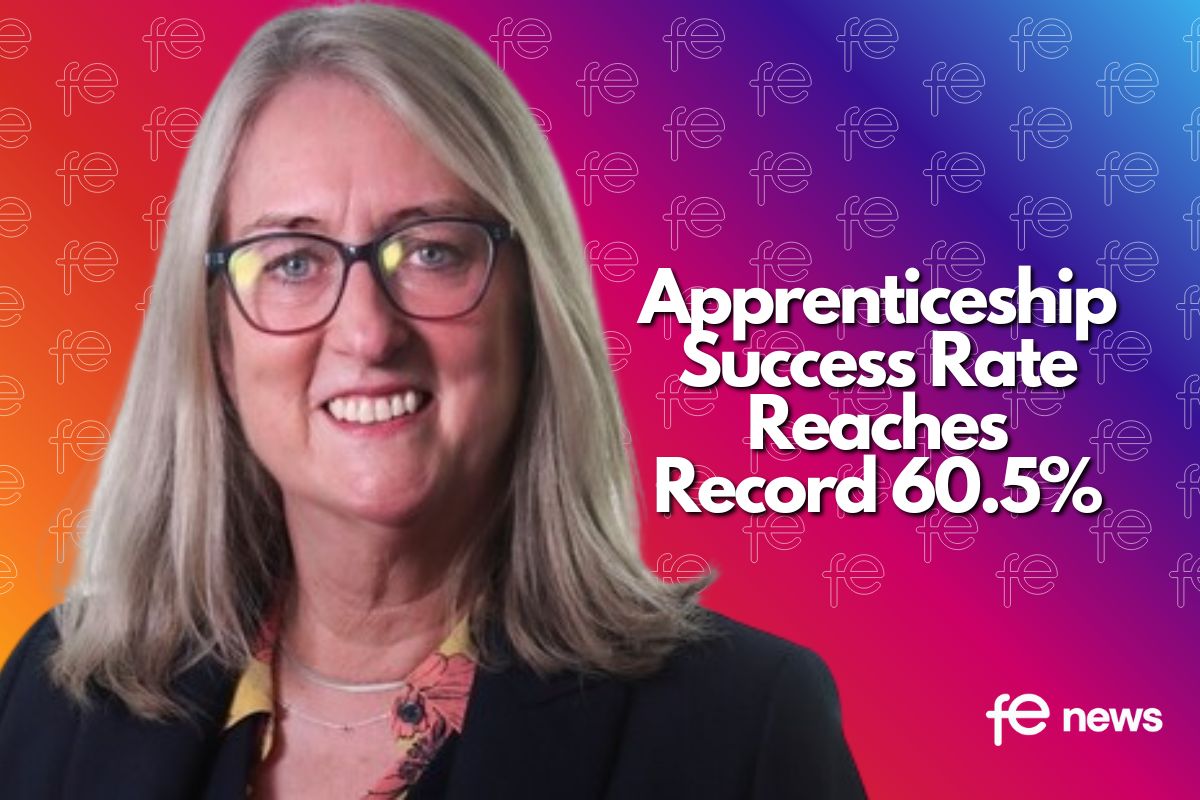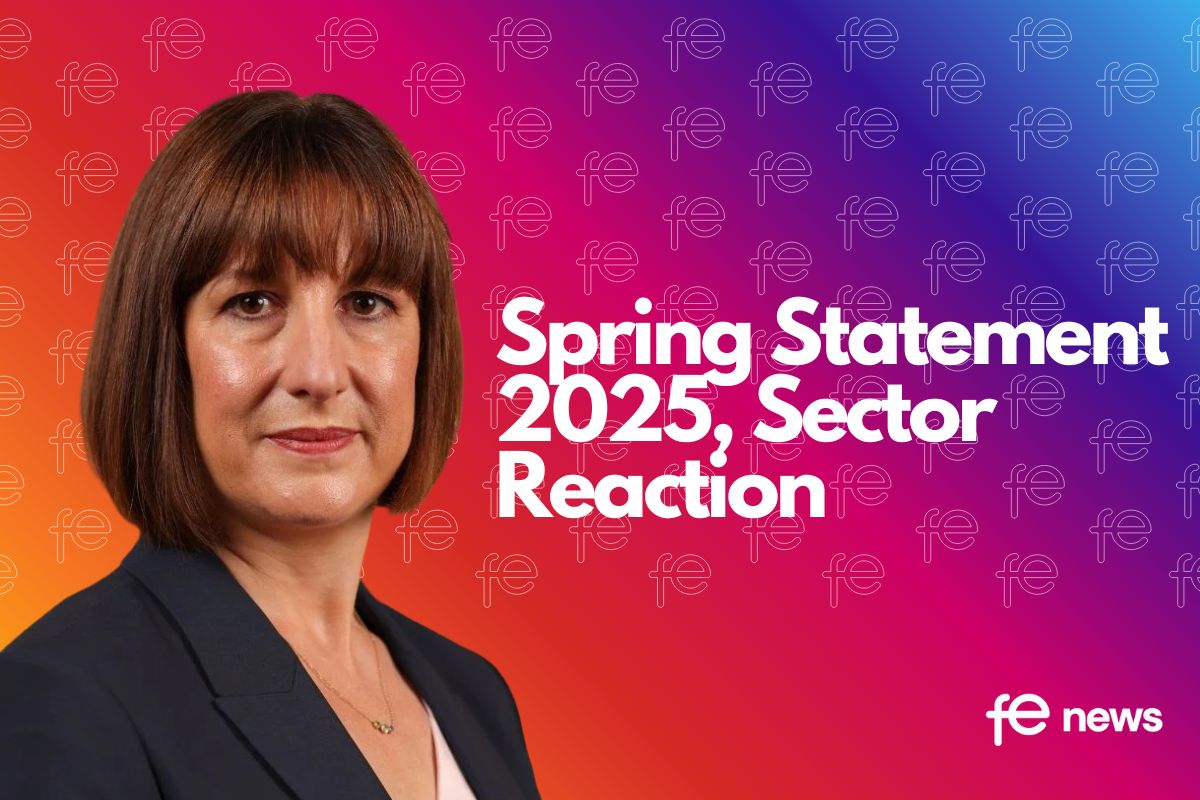AELP: Autumn Budget skills investment could lead to over half a million apprenticeship starts per year

AELP has today published its Autumn Budget consultation submission – estimating that government investment in skills could lead to over 500,000 high-quality apprenticeships per year in a bid to tackle skills shortages and turbo charge growth.
Skills policy will be essential to the government’s mission led approach and in its submission to the Autumn Budget consultation, AELP has set out recommendations which will help resolve Britain’s skills shortages by taking the annual number of apprenticeships to over 500,000 per year. This includes:
- Maintaining the employer-led, all-age, all-level apprenticeship programme.
- Introducing a foundation apprenticeship to support more young people and SME training routes, as well as an impactful mid-career apprenticeship programme for upskilling adults.
- Increasing the apprenticeship programme budget to facilitate new non-apprenticeship funding flexibilities as part of the commitment to reform the levy system.
- Having a ringfenced budget which ensures certainty of funding for non-apprenticeship levy-paying employers.
- Annually increasing all apprenticeship funding bands in line with inflation and evolve the current approach for allocating funding bands.
Foundation – and mid-career – apprenticeship programmes would use the same ‘triple helix’ that makes apprenticeships effective – a paid job, structured employer/line manager supervision and off-the-job learning. Instead of lasting the current twelve month minimum, these could run for a shorter duration. AELP believes some employers and learners would be more willing to engage with this type of programme, more likely to complete and be quicker to qualify and reach a level of enhanced productivity.
While apprenticeships are vital to the health of the nation’s economy, there is more that needs to be done in other areas of skills policy. As a result, AELP has also identified a number of ways in which independent training providers can be supported to unlock growth including: allowing learners of 16-19 study programmes to choose their place of study and not be artificially restricted by allocations and arbitrary growth limits faced by providers; Skills Bootcamps funding to be continued and remain as a separate funding stream, and allowing capital investment budgets for further education providers to be open to all providers of further education.
Ben Rowland, Chief Executive of AELP, said:
“Skills policy will be essential to the government achieving each of its five core missions. Without the right people with the right skills in the right jobs, economic growth is not possible, the NHS will continue to suffer from staff shortages, the engineers and welders will not be available to make Britain a clean energy superpower. All of this would remove barriers to opportunity. Skills policy crucially cuts across all of these missions and is rightly a focus for the government – but it does need more intelligent funding as well as more funding.
By wisely investing in skills, we would set the country on a path to over 500,000 high quality apprenticeships per year – quickly filling skills shortages in the economy’s key sectors. Our message to government is that prioritising skills at next month’s Autumn Budget will untap much needed growth more quickly than other forms of government spending. Upskilling our workforce results in higher productivity, which will be reflected very quickly in growing GDP and tax receipts. The Autumn Budget is a great opportunity to signal to Britain’s employers that the government is serious about skills.”











Responses